
From childhood curiosity and early academic inspiration to research internships and the rigors of graduate school, the steps toward a career in science require commitment, persistence and creativity. It’s a road with many unexpected bumps and turns, and side paths that lead to a surprising diversity of career outcomes.
A central element of Scripps Research’s mission is to educate and inspire future generations of scientists. As such, the institute has a long history of providing opportunities to help aspiring scientists gain the knowledge, ideas and experience necessary to illuminate whichever path is ultimately chosen.
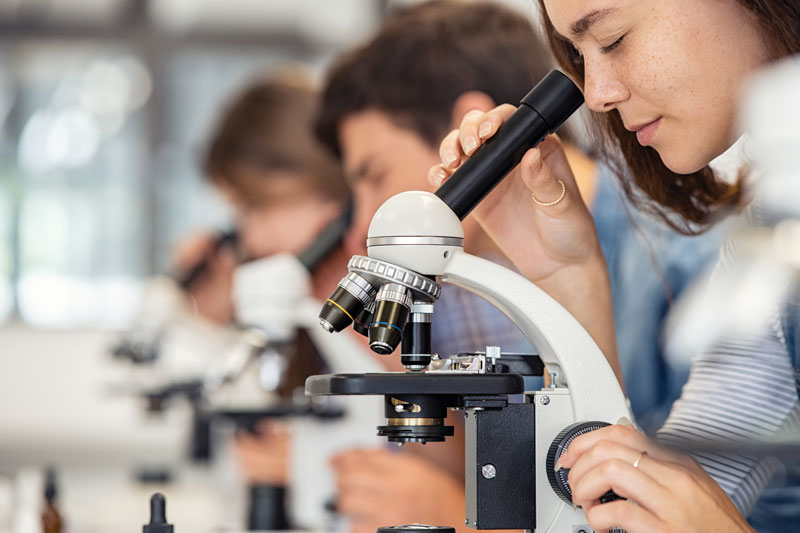
By the numbers…
More than 400 high school students have spent their summers discovering biomedical research in a Scripps Research laboratory since 2014.
Early inspiration
K-12 and community outreach
A lifelong passion for science and discovery often starts with a moment. That moment of awe when a teacher, camp counselor or visiting scientist illuminates some aspect of the natural world in a way that sparks imagination and ignites a need to explore further.
Scripps Research has long worked with education and community partners to create these moments of inspiration for curious minds of all ages and backgrounds. Over the years, a wide range of programs have invited K-12 students, teachers and members of the community to interact with scientists, gain hands-on laboratory experience, and expand their understanding of science and its impacts on our lives, while stimulating interest in careers in science, technology, engineering and math (STEM). These programs include:
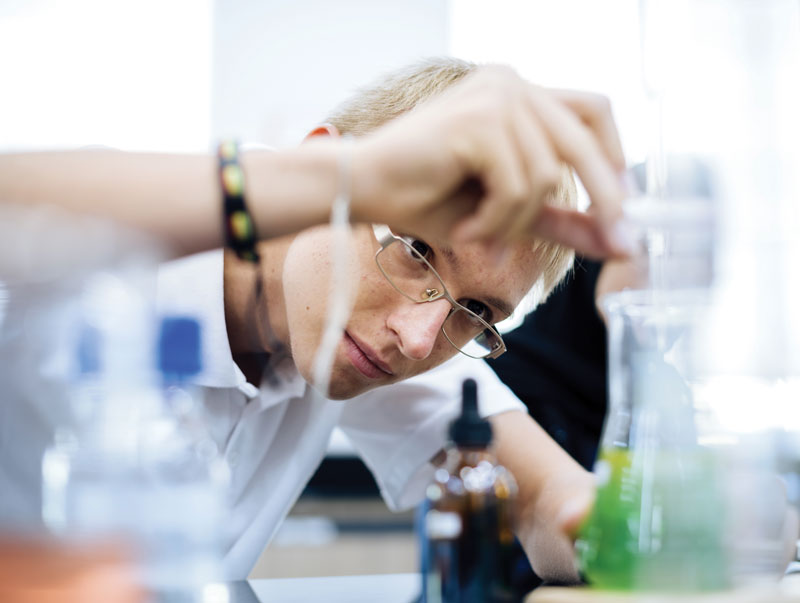
High school internships
Local students spend a summer immersed in hands-on research in a working laboratory.
Science Saturdays
K-12 students visit the Scripps Research campus for presentations and interactive activities with faculty and student scientists


Classroom visits
Scripps Research scientists present STEM enrichment and science lessons to underserved K-8 students in classrooms and community centers.
Growing the pipeline
Undergraduate research and mentoring experiences
College students with a strong interest in the chemical and biological sciences pass through a gauntlet of increasingly difficult classes, receive career planning guidance, and often get their first exposure to the ups and downs of daily laboratory work by assisting in research labs at their home institution.
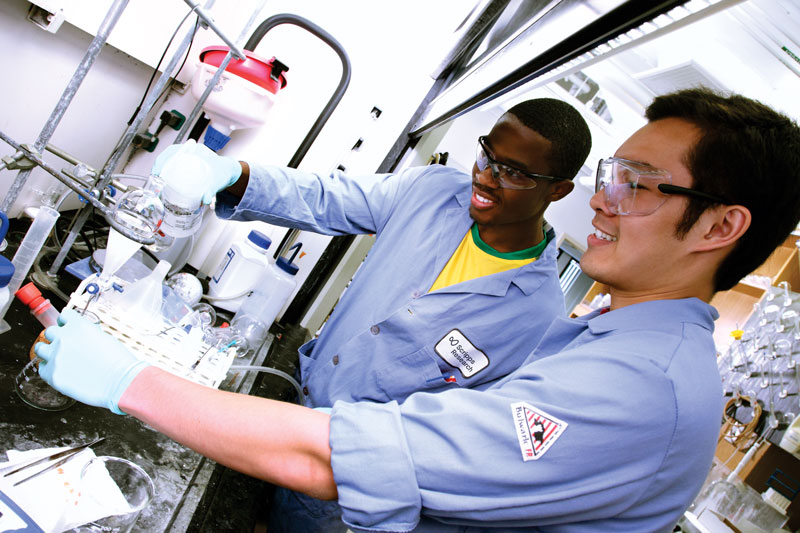
Many students have limited opportunities to gain valuable laboratory experience and acquire the knowledge required to successfully pursue science education beyond the undergraduate level. Scripps Research offers mentoring and research experiences to address these needs.
Each summer, more than three dozen undergraduate students from across the nation join Scripps Research laboratories for 10 weeks, as part of the institute’s long-running Summer Undergraduate Research Fellows (SURF) program and the Scripps Research Translational Institute’s Student Research Internship (SRI) program. In addition to an immersive research experience in advanced laboratories, summer undergraduate interns attend regular lectures by Scripps Research scientists, participate in career planning and professional development workshops, and develop lasting bonds through social activities.
Support for students, by students
Organized and run by Scripps Research graduate students, the Summer Program Application Mentorship program assists students from underrepresented backgrounds in identifying summer research opportunities and preparing a competitive application. This individualized mentorship program matches students with a Scripps Research scientist who supports them every step of the way.
Did you know?
Scripps Research’s SURF recruitment efforts are geared toward students with no prior research experience, students with few research opportunities at their home institutions, students from underrepresented and underserved populations, and students who are the first in their family to go to college.
Translational training
In addition to undergraduates, Scripps Research Translational Institute’s SRI program also welcomes local high school, graduate and professional students who are interested in genomics, digital medicine and data science, including artificial intelligence.
Forging exceptional researchers
Doctoral program in the chemical and biological sciences
With their college degrees in hand, the next step for those on the road to becoming a scientist is to enroll in graduate school and embark on the journey toward earning a PhD.
Some graduates of Scripps Research’s doctoral program return to join the faculty and welcome graduate students into their labs. Graduates of the program now serving as Scripps Research faculty include Benjamin M. Cravatt, PhD (class of 1997), Andrew Ward, PhD (class of 2008) and Danielle Grotjahn, PhD (class of 2018).
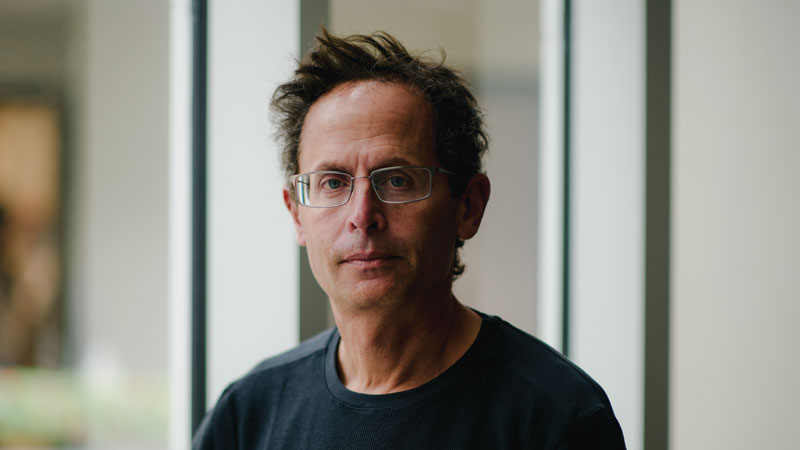
“From its inception to the present day, the Scripps Research Graduate Program has pioneered the training of interdisciplinary students capable of solving the most challenging problems in chemistry, biology, and medicine. The fingerprint of our graduates can be found on many of the most important fundamental and translational research discoveries of the past three decades, reflecting both the quality of our students and the commitment Scripps Research makes to giving them the time and resources to excel.”
–Benjamin Cravatt (class of 1997), professor in the Department of Chemistry and Norton B. Gilula Chair of Chemical Biology
Since its creation in 1989 by then-President Richard Lerner, Scripps Research’s doctoral program has stood out as the best of the best, with a mission to train the next generation of scientists at the interface of biological and chemical sciences for productive careers in the global economy. The program—now dubbed the Skaggs Graduate School of Chemical and Biological Sciences—has been ranked among the top 10 graduate programs of its kind for almost 25 years.
The Skaggs Graduate School immerses students in intensive laboratory research from day one. Scientifically-driven students are paired with world-renowned faculty in an environment that allows students to thrive, innovate and embark on research breakthroughs that impact human health.
Empowering independent scientists
Postdoctoral training and beyond
After earning a doctoral degree, many individuals pursue postdoctoral training, usually at a different institution than that which granted their PhD. Similar in some respects to physicians training as residents after medical school, postdoctoral trainees (“postdocs”) seek to refine and expand their skillset, pursue more challenging research targets and move toward becoming an independent scientist. Generally shorter than graduate school, postdoctoral training usually lasts between two and four years.
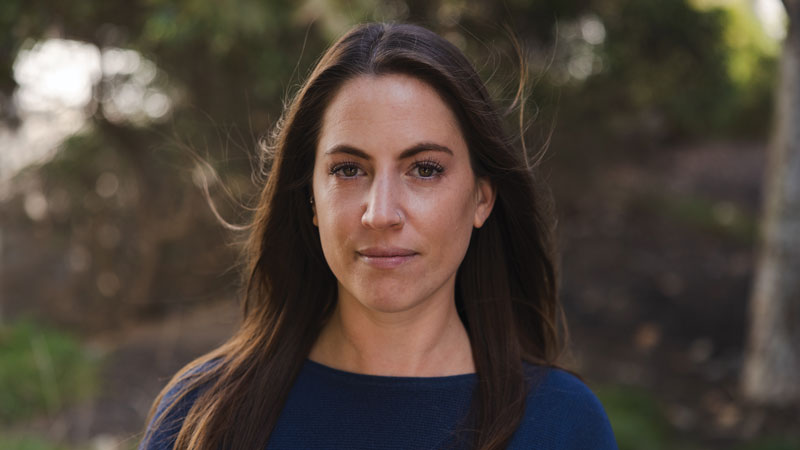
“As both a graduate student and now a faculty member, I cherish the freedom Scripps Research provides, allowing me to pursue my scientific interests without rigid disciplinary or departmental boundaries.”
–Danielle Grotjahn (class of 2018), assistant professor in the Department of Integrative Structural and Computational Biology
Scripps Research is home to approximately 300 postdocs, many of whom assist their faculty advisor in the mentorship of graduate students and undergraduate interns. Postdocs at Scripps Research join the institute from dozens of countries contributing to an extraordinarily culturally diverse environment on campus. The institute’s Career and Professional Development Office provides extensive career planning and professional development support that complements their research training.
The Scripps Research Translational Institute also offers a professional development program for recently trained physicians seeking to pursue careers as clinical and translational scientists.
After these trainings, scientists are better prepared for productive, impactful careers in academia, the biotech and pharma industries, or specialized roles in legal, governmental, primary education, and other fields. Whatever path they choose, their training and deep scientific knowledge will empower them to change the world for the better.
By the numbers…
- Approximately 20% of Scripps Research former postdocs become faculty members after 5 years.
- Since 2009, Scripps Research has trained more than 2,500 postdocs, who came to the institute from 47 countries on 6 continents.
- Scripps Research’s postdoctoral alumni hold faculty positions at more than 450 universities and research institutes around the world, and work at more than 600 for-profit organizations.
Did you know?
Alumni of Scripps Research’s education and training programs can stay connected with the institute, network with other alumni, discover upcoming events, and browse a curated job board on the Alumni & Friends website at alumni.scripps.edu. Questions about the site or any alumni-related matters can be sent to info@alumni.scripps.edu.